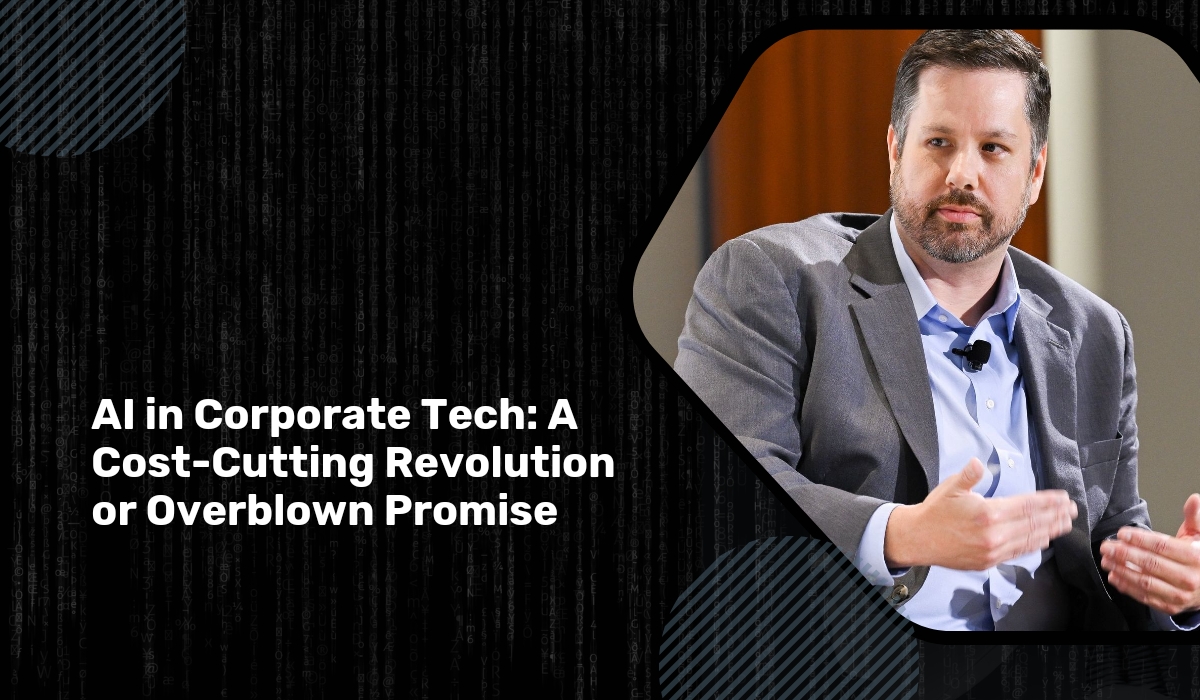
Generative artificial intelligence (AI) is poised to revolutionize one of corporate tech’s major cost areas: setting up and integrating new software systems. Contractors, known as systems integrators, who handle these tasks stand to benefit from the efficiency gains promised by AI tools. However, concerns linger among some chief information officers (CIOs) that these savings might not translate into reduced costs for the companies themselves. Marc Kermisch, Chief Digital and Information Officer at CNH Industrial, expresses apprehension about whether companies will truly reap the benefits of AI-driven efficiency or if contractors will simply enjoy improved margins while maintaining current pricing structures. Given that systems integrators represent a significant expense for many businesses, these concerns are not unfounded.
When companies make significant software investments, systems integrators are brought in to facilitate the setup and integration process, which can be complex and time-consuming. Brian Woodring, CIO of Rocket Mortgage, highlights the potential for AI to accelerate certain aspects of this process, such as writing code and data mapping, thus streamlining implementation timelines. According to projections by International Data Corp., spending on systems integration services is expected to increase steadily in the coming years, reaching $153.8 billion in 2024 and $183.42 billion by 2027. Anil Malhotra, founder of Safebox, emphasizes that integrator costs often rival the expense of the software itself, prompting CIOs to seek greater transparency and accountability from contractors.The Impact of AI efficiencies on pricing remains a topic of heated debate within the industry. Bret Greenstein, from PricewaterhouseCoopers, suggests that while AI-driven projects may deliver higher quality results in less time, they could either increase or decrease costs depending on how AI-enabled integrators position themselves in the market
Sunil Senan, of Infosys, acknowledges that while AI can drive down costs in some areas, it may also introduce incremental expenses, such as investment in research and development. Monica Caldas, CIO of Liberty Mutual Insurance, sees potential value in AI-driven solutions if they enhance project outcomes, indicating a willingness to invest in such initiatives.Some companies are exploring in-house utilization of generative AI tools to streamline implementation processes. Jim Fowler, CTO of Nationwide, notes a reduction in contractor numbers due to increased productivity among internal developers using tools like GitHub Copilot. Similarly, Rocket Mortgage has leveraged generative AI to achieve efficiency gains, leading to speculation that more companies may opt to internalize integration processes.While the prospect of fully automated integrations remains elusive, industry players like Woodring remain optimistic about the potential for AI to drive significant cost savings and operational efficiencies in the corporate tech landscape.